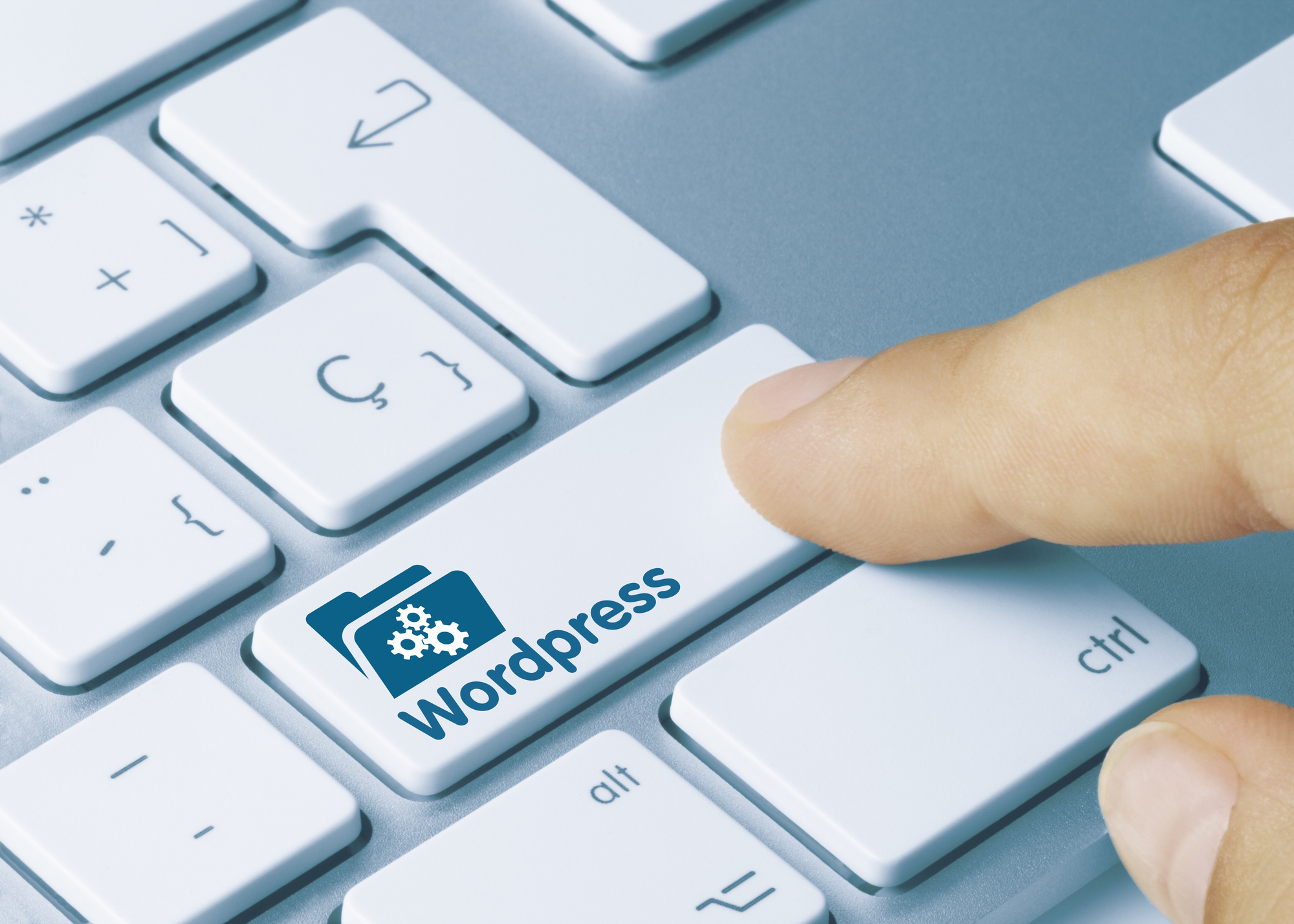Do you have a WordPress site? If so, you probably love how easily you can blog.
WordPress offers many tools for content creators to express their content and share it with the world. WordPress even offers other features such as SEO plugins to help boost your performance in Google.
But many content creators argue that WordPress has one main disadvantage: limited design opportunities. This is why many content creators go to one of WordPress’ competitors for their content.
Most WordPress users use what’s called a “theme” for their WordPress site design. A theme is a pre-made layout that’s content-driven and often responsive or optimized for all devices. But do WordPress themes not cut it for you?
You can always choose a custom WordPress. Here are a few vital steps when creating a custom WordPress design.
To DIY or Not to DIY
Creating a website is no easy matter. You have to write all of the code and know how to work code with a WordPress website. But many website owners are naturally adept at coding.
You may think DIY coding your site might save some money so you don’t have to hire a professional.
Use this advice to help determine if a pro is a way to go.
What Kind of Site Do You Need?
Your website should match your business. If you run a lifestyle blog, your design should be fun but minimalist. If you run an eCommerce company, your design should be customer and sales-centered.
When determining the complexity of your design, understand what you truly need.
Simple websites, such as a scrolling homepage or a traditional blog, doesn’t require in-depth coding.
But, if you’re utilizing tons of content and information, you should consider hiring a professional such as the ones from this useful company.
Your Coding Skills
A talented programmer can build a custom website, no matter what CMS platform you’re on. But what if you’re an amateur?
While you could probably code a WordPress website on your own, your design will be limited. If that’s all you want, then code away! You don’t need a coding background to code your own minimalist WordPress blog.
Your Budget
A web developer and designer can cost you up to $5,000. If you don’t have that money to spend, just design your own WordPress website.
But if you hire a pro, your money is well worth it. Your website will be beautiful, accessible, and responsive.
How to Create Custom WordPress Design
If you decided to go the DIY route, now comes the fun part: creating your website from scratch. Follow these useful steps for your dream WordPress website.
Know What Website You Want
Before you actually start coding, you should know what kind of website you want. To get ideas, look at other websites in your niche and your competitors. Take some aspects of their website you like, but spin it in your own unique way.
Lay the Blueprint
To get the best results, creating a solid groundwork is key. You don’t design a building without planning it, right? So go on your art software and draw up a blueprint.
Start by planning the homepage. Highlight the menu, what goes into the header and footer, where all content will go, and any call-to-actions (“click here,” “contact us,” “check out,”).
After you’re done with the homepage, plan each individual pages. If you’re hosting a blog, create a standard blueprint for each blog. This includes where the text goes, any visual content, and your “about” section.
The Essential WordPress Design Tools
While it’s obvious you should use a coding platform and other useful tools such as Photoshop, WordPress design requires specific tools.
First, let’s go into the coding software. There are several great code editors for both Windows and Mac operating systems. See which one is your favorite.
As for other tools:
Unsplash – this source compiles royalty-free images, often for free.
PixelDropr – a great tool to create your own pixel collections. Keep in mind, you should also use this with Photoshop.
IcoMoon – a provider of icon fonts.
Each website calls for different tools. But you should use these tools as a bare minimum.
Design vs Modify
This is a good option if you don’t have a lot of coding skills. Do you have a WordPress theme you like, but want it altered slightly? Rather than build a whole new theme, you can modify the one you already have.
First, create a child theme. When editing a theme, go to appearance – editor and select your child theme.
From here, you can modify the HTML code however you want.
Even for a seasoned coder, this is the recommended option. But you can still create a WordPress site from scratch if you’re confident.
Finish With Some Plugins
No WordPress website is complete without plugins. Here are some essential plug-ins to download:
- Anything that simplifies the user panel
- Any backup plugin (if your WordPress site crashes, you need a backup for your design)
- Anything that lets you customize your user interface
All websites are different. But if you’re building a custom WordPress website, these will simplify the process.
Don’t Forget Content Creation
If you’re coding your website, it’s the best idea to code your content rather than use the WordPress editor. This is actually one of the most difficult aspects of WordPress coding.
The best way to learn WordPress content coding is to go back and forth between the editor and the HTML tab. When you see your formatting converted directly to HTML, you’ll get a better idea on how to code your content for the future.
Create Your Custom WordPress Website Now
WordPress themes are efficient, but they may not give you the results you want. If this sounds like you, you’ll want a custom WordPress design. Follow this advice and design your own custom WordPress website.
For more WordPress tips, continue reading our blog.


